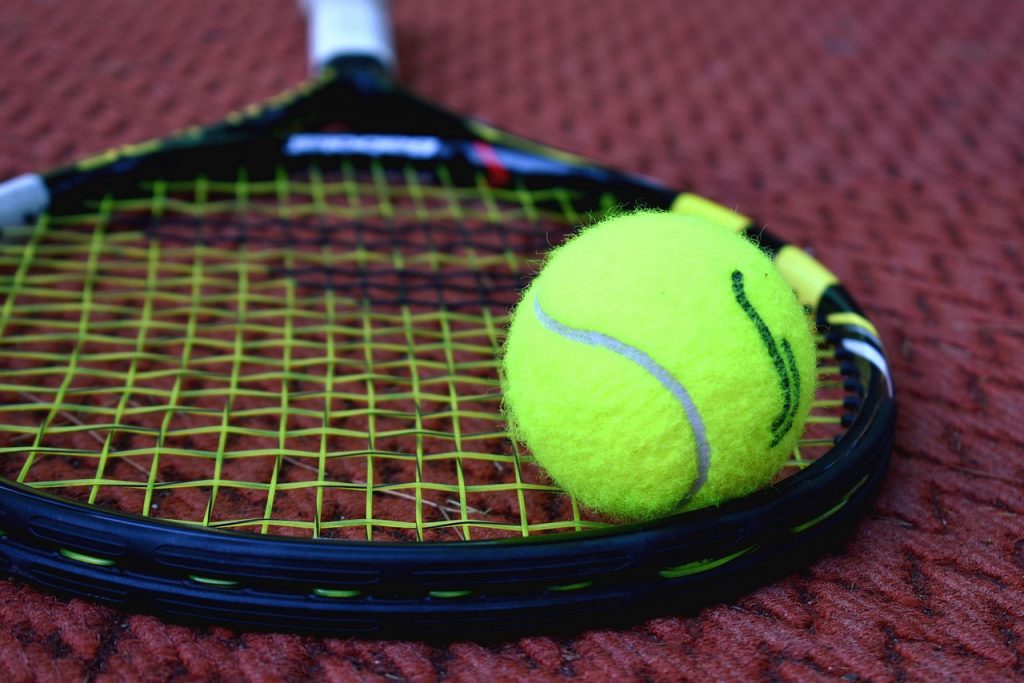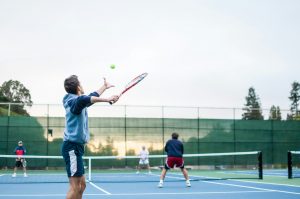
David Ferrer, tournament director of the Barcelona Open Banc Sabadell, reflects on the evolution of tennis and predicts a future shaped by faster formats and changing fan expectations. Speaking from the historic Real Club de Tenis Barcelona 1899, which is currently hosting the ATP 500 event known as the Conde de Godó Trophy, Ferrer shared insights into how the tournament—and the sport—are transforming.
The venue has undergone significant changes to meet modern standards, with new stands, updated courts, and revamped pathways ready to welcome thousands of fans until April 20. For Ferrer, who is now 43 and originally from Jávea, maintaining the club’s legacy while adapting to the times is a key challenge.
A tournament ready to evolve
“I’m happy with the lineup. There are always some last-minute changes, but the main players are here, and the process has gone well,” Ferrer said.
Asked about the tournament’s growth potential despite its physical limitations, he noted, “We have to evolve and make changes to improve. Reducing the draw from 48 to 32 players is a positive step for the sport. Very few club-based tournaments remain—Monte Carlo, Barcelona, Rome—but they hold a special place in tennis history. We all grew up in places like this.”
Ferrer emphasized his role in attracting top players to the event. “After Rafael Nadal, having someone like Carlos Alcaraz commit is crucial.”
Post-Nadal era and the rise of Alcaraz
Having witnessed Nadal’s Davis Cup farewell from the bench, Ferrer acknowledged the void left by the tennis icon. “We were incredibly lucky to have such a charismatic and unique player. I thought there’d be a shadow cast over everything after Rafa—who could match him? While we’ll always have top players, few can come close to what Rafa achieved. But now we have Alcaraz, and that’s a huge stroke of luck.”
And if Nadal were to reconsider retirement? “He’d always have a wildcard waiting. But everything has its time. Beyond his achievements on court, the values he embodied elevated him even more.”
Ferrer is clear about Alcaraz’s path. “He’s not Nadal, and he shouldn’t be. He’ll write his own story. He’s already won four Grand Slams and reached world No.1 at just 22. Anyone who’s played professionally knows he’s a unique athlete. Whether or not he reaches Nadal’s heights, he’ll definitely define his own era.”
The Sinner controversy
The tournament is missing another major name: Jannik Sinner. Ferrer weighed in on the Italian’s recent controversy and suspension. “He and the authorities reached an agreement for a short break. The whole situation feels unfair to me. If there was any transmission of illness, it wasn’t intentional. Things could have been handled better, though I know that’s never easy. I completely believe Sinner—his intent wasn’t to gain an advantage. Had it gone to court, I think he would have won. He’s a vital player for the sport.”
Looking ahead to 2025
When asked what final he hopes for in the 2025 edition of the tournament, Ferrer said, “The best final is the one that happens. Of course, having Carlos in it would be great, but that’s out of our hands. What I’d like most is for him to win Monte Carlo the week before and come to Barcelona in top form.”
From captain to director
Ferrer also discussed the crossover between being a tournament director and a team captain. “Being a director gives you a broader view of the tennis industry—from dealing with organizations to understanding the logistics of a venue. It’s a whole different world. You also learn what it means to have a boss. As a player, you’re your own boss. You make your own decisions, for better or worse. This role has helped me grow the most professionally, and I’m truly grateful for it. Being a captain comes more naturally to me because I’ve got more experience there—even as a coach, like when I worked with Zverev.”
On coaching and understanding athletes
But does being a great player make you a great coach? “Not necessarily,” Ferrer said. “You need humility to understand your player and bring out their strengths. Zverev is very different from me, so I couldn’t coach him the way I was coached. You have to study each athlete and adapt. It doesn’t always work, either. A good coach also brings calmness—and I missed that when I was a player.”




